The greatest testament to Eastern Civilization — About the era when women preserved knowledge and illuminated society...
In the Middle Ages, Movarounnahr and Khorasan were known not only as the lands of great commanders but also as the home of profound thinkers, scholars, and artists. In this intellectual and cultural flourishing, women, alongside men, played a vital role. Especially during the Timurid era, women’s participation held great importance in the social and cultural life of society.
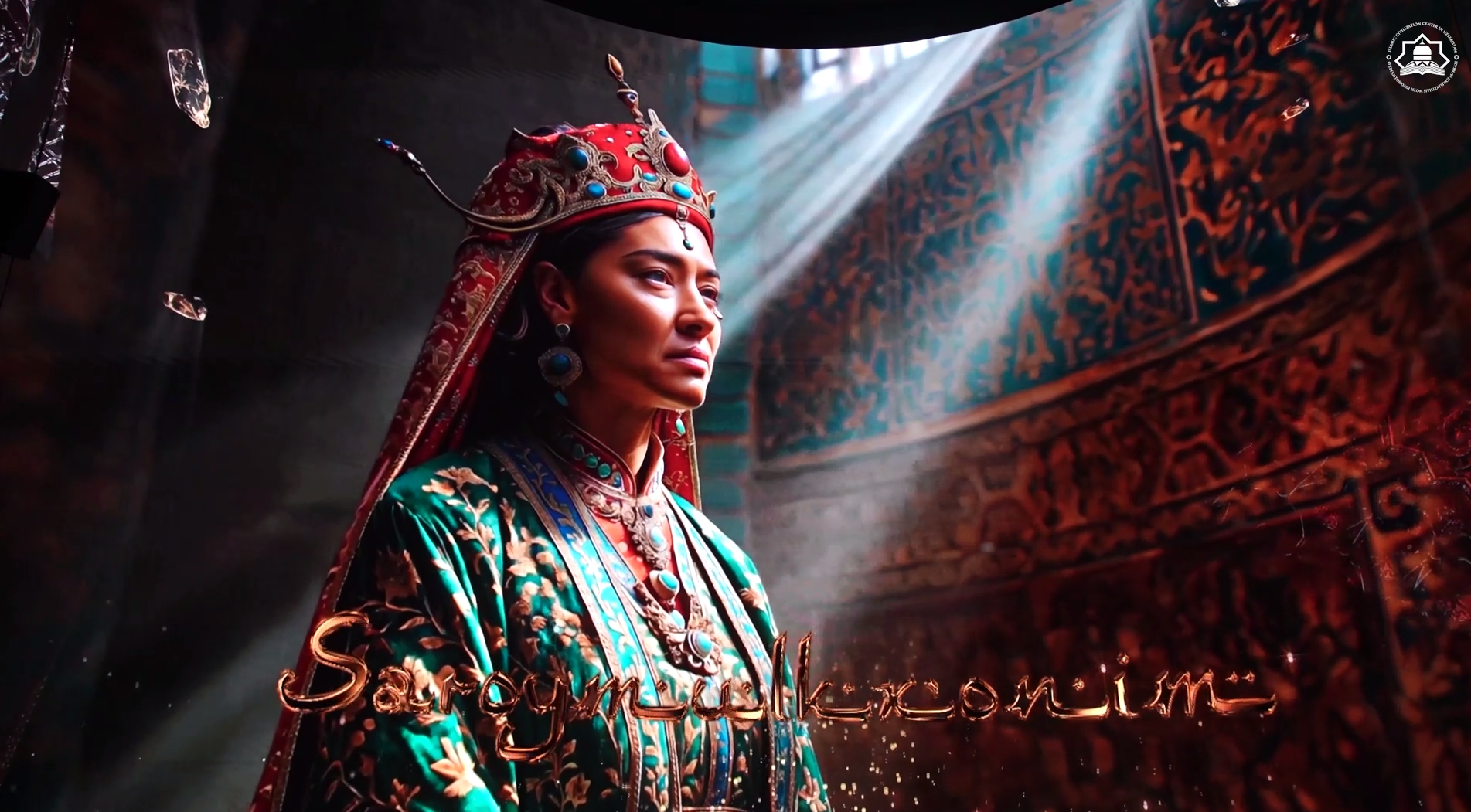
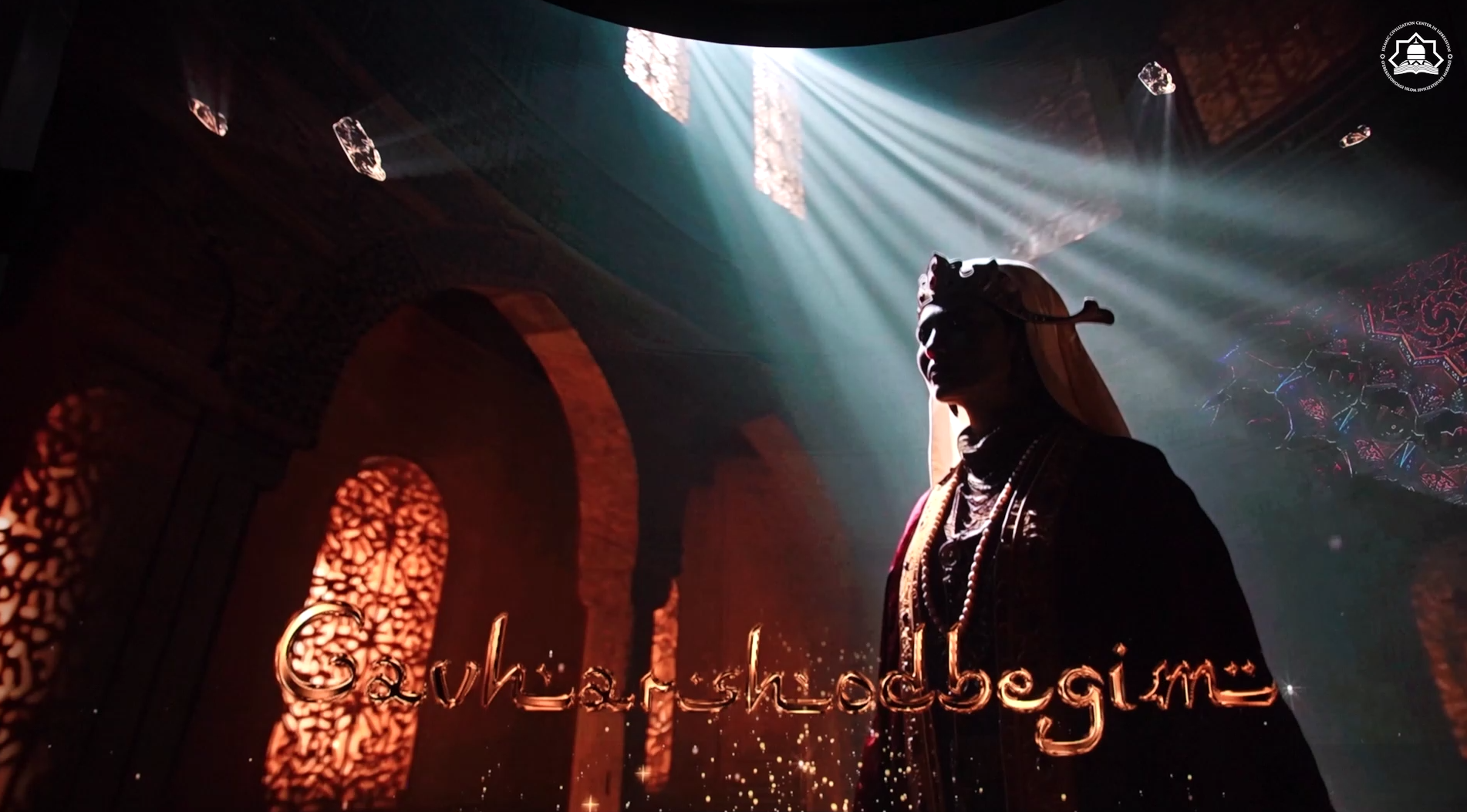
Historical sources show that Timurid princesses were not merely members of the royal court they were educated women who took an active part in state politics, diplomacy, and spiritual and educational affairs. Amir Timur’s wife, Bibikhonim, was among the most influential women of her time. The large-scale constructions, mosques, and madrasas associated with her name were built at her initiative. Sources also note that she played an important role in resolving internal palace conflicts and achieving reconciliation.
As historian Nargiza Khidirova, Candidate of Historical Sciences, emphasizes, when discussing Timurid princesses, they should not be seen simply as queens, but as diplomats, politicians, and promoters of intellectual and spiritual enlightenment.
“For instance, Bibikhonim took part in raising all the Timurid princes, which was an immense responsibility,” the historian explains.
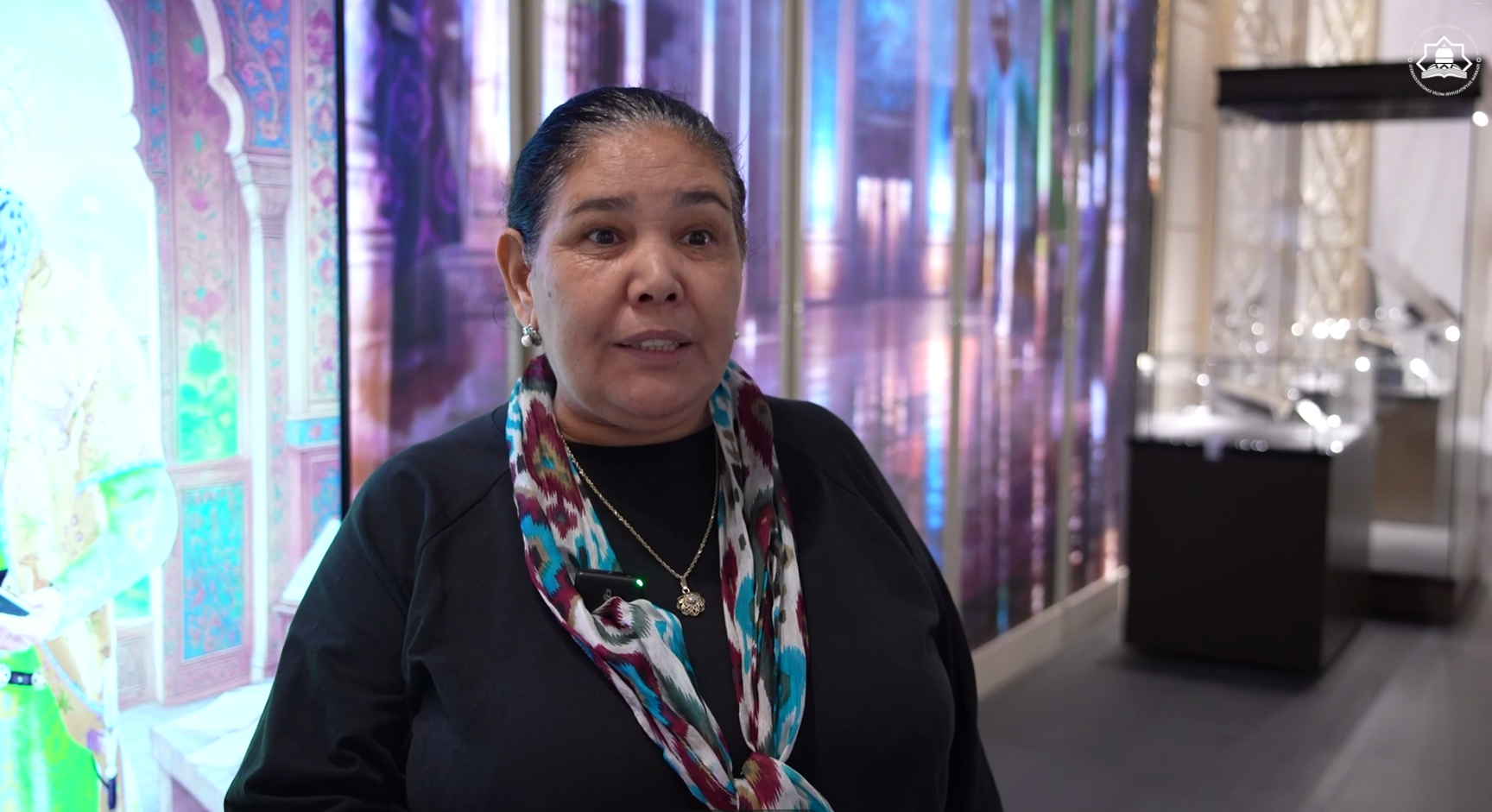
Another remarkable figure of the Timurid dynasty was Gawharshad Begim, who led the construction of grand mosques and madrasas in Herat. She dedicated much of her wealth to the advancement of education and scholarship. Moreover, she paid great attention to religious and spiritual life by commissioning copies of the Qur’an, supporting renowned calligraphers, and ensuring the creation of Qur’anic manuscripts on the finest papers.
The expert further notes that the activities of women during the medieval and khanate periods deserve to be highlighted in a dedicated exhibition.
“In central archives, more than a thousand waqf (endowment) documents belonging to women from the 16th to the early 20th centuries have been preserved. These documents mainly concern donations to schools, mosques, and madrasas. Despite the high cost of handwritten books at that time, many women endowed necessary books to students. This fact clearly demonstrates the immense contribution of medieval women to the progress of science, education, and spirituality. Through their actions, they served not only their families but also the advancement of society as a whole, laying the firm foundations of the nation’s civilization,” says Nargiza Khidirova.
It should be noted that the Islamic Civilization Center in Uzbekistan, established in the capital at the initiative and vision of President Shavkat Mirziyoyev, aims to embody 3,000 years of national history. Today, the construction of this remarkable complex has reached completion, with finishing and furnishing works in their final stages.
Most read
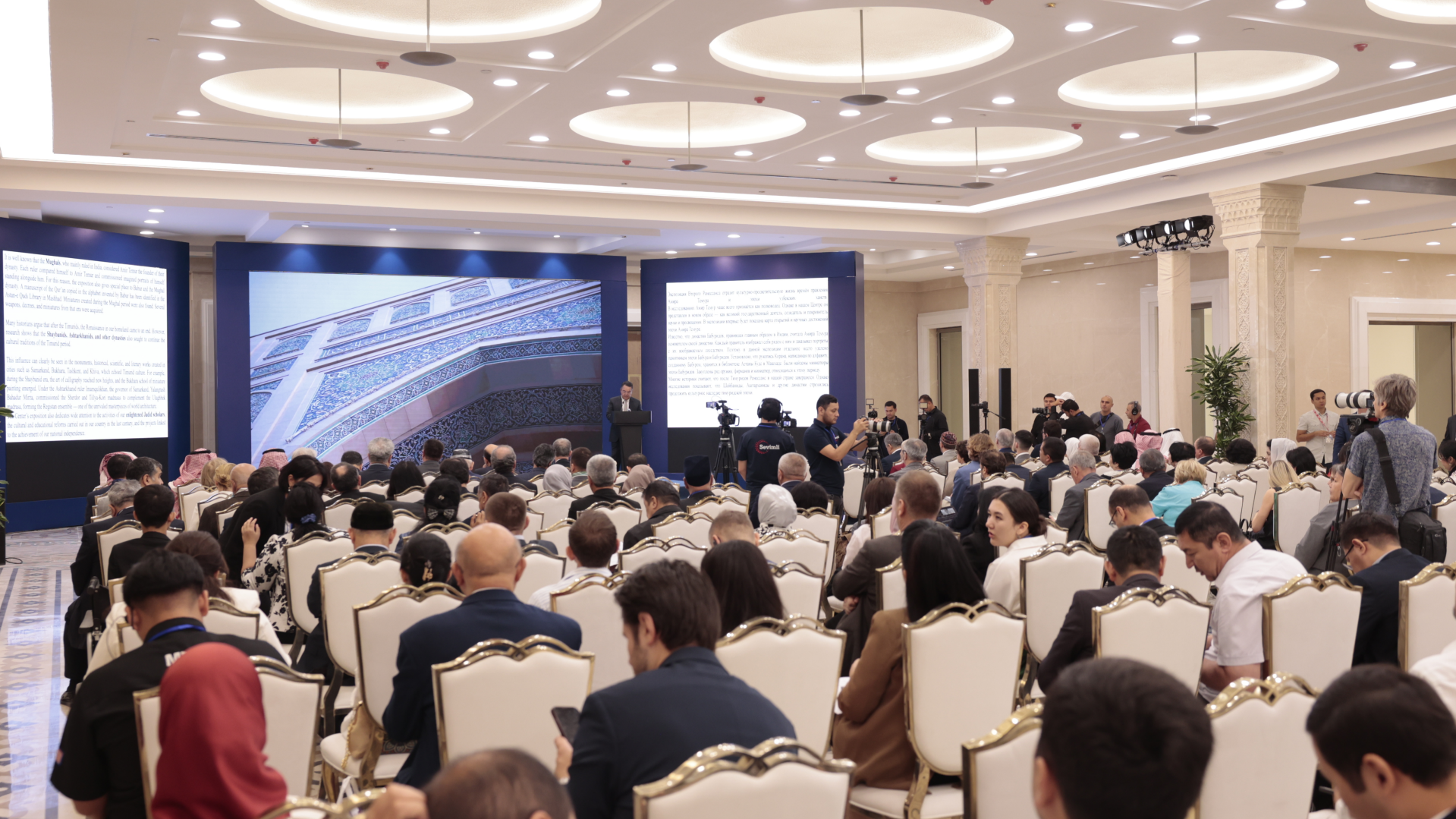
Over 100 experts from more than 20 countries of the world are in Tashkent!
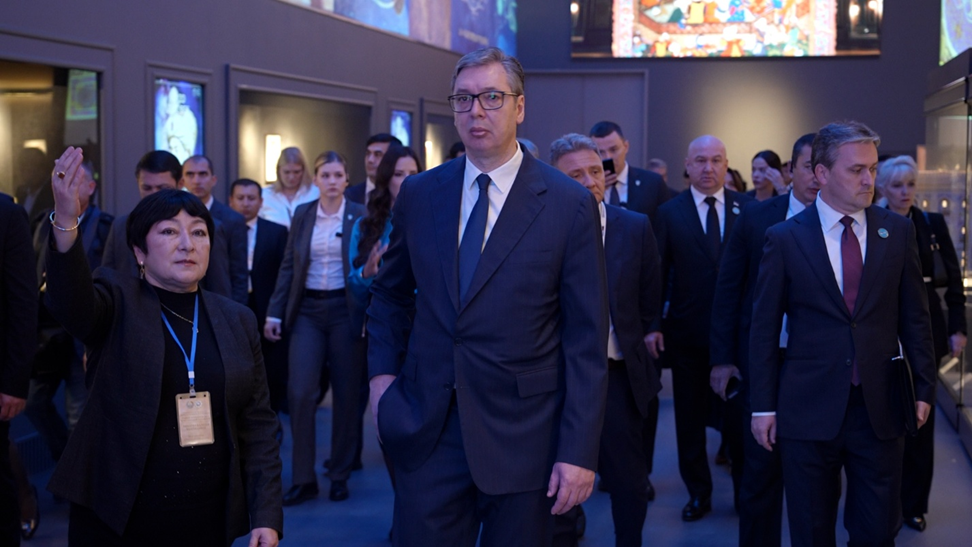
President of Serbia Aleksandar Vučić visited the Islamic Civilization Center in Uzbekistan
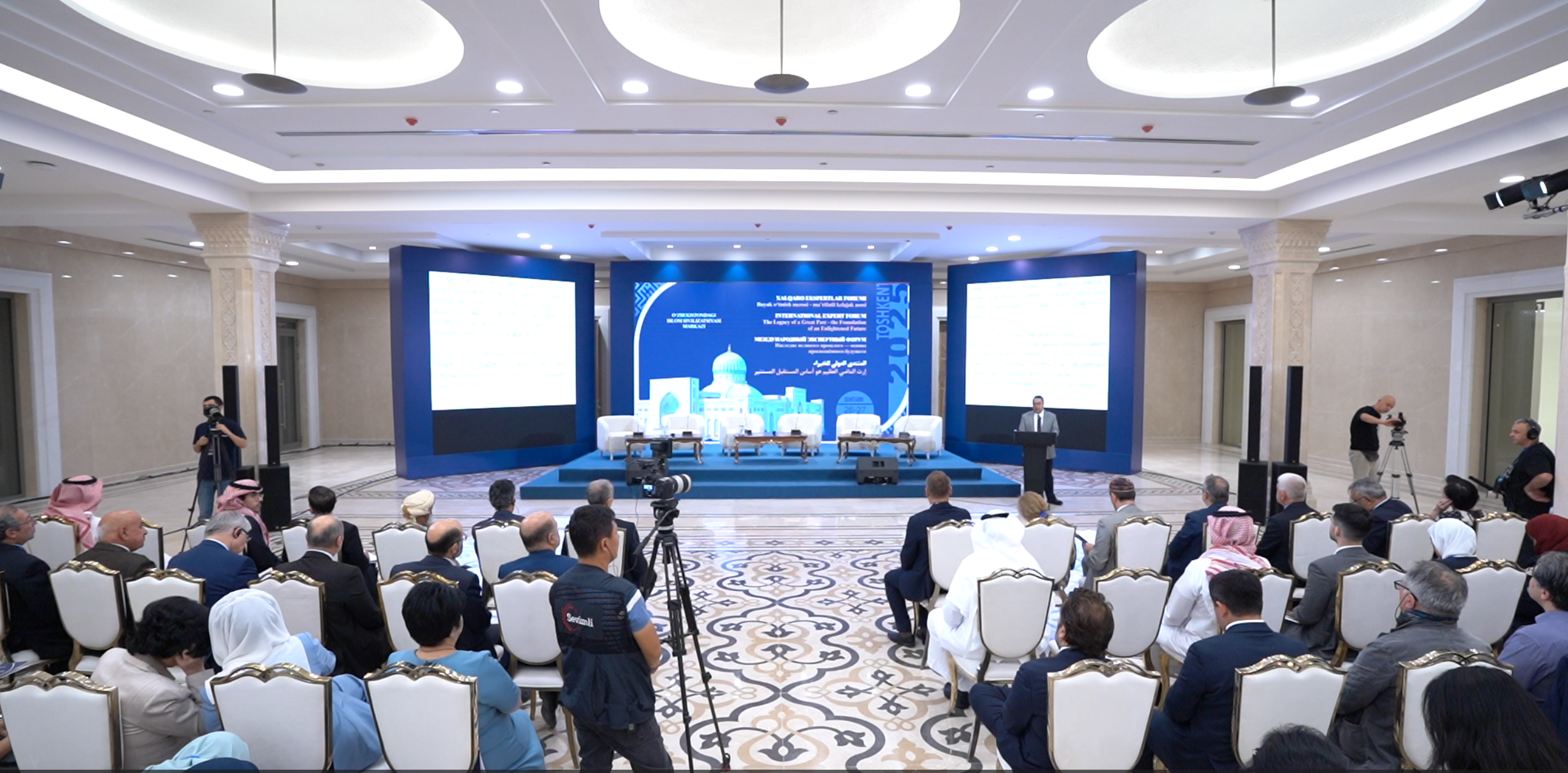
The Center for Islamic Civilization – a global platform leading towards enlightenment











